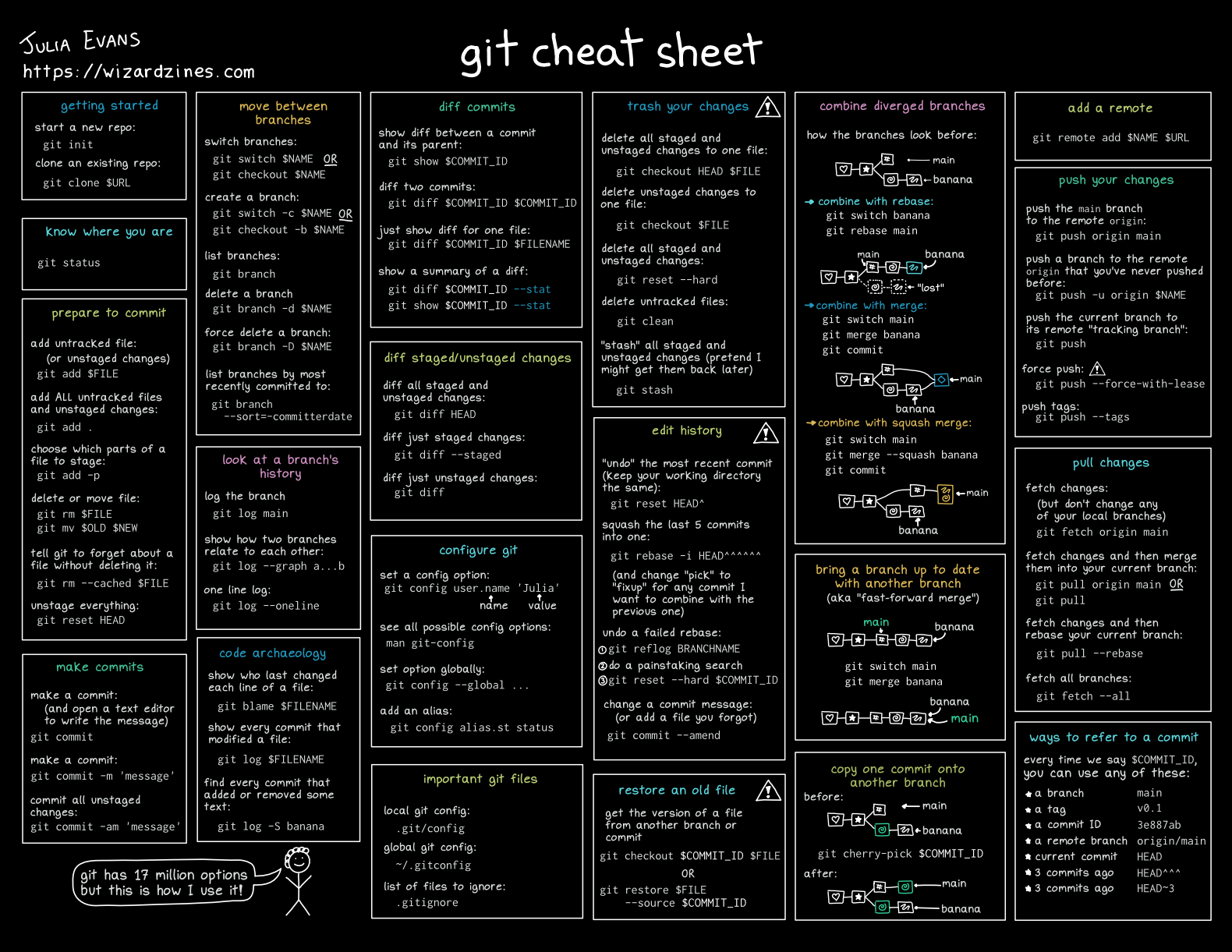Reminder to read the official git book. It's free and it's useful. My dudes, stop pretending to understand your tools and actually learn them.
Linux
From Wikipedia, the free encyclopedia
Linux is a family of open source Unix-like operating systems based on the Linux kernel, an operating system kernel first released on September 17, 1991 by Linus Torvalds. Linux is typically packaged in a Linux distribution (or distro for short).
Distributions include the Linux kernel and supporting system software and libraries, many of which are provided by the GNU Project. Many Linux distributions use the word "Linux" in their name, but the Free Software Foundation uses the name GNU/Linux to emphasize the importance of GNU software, causing some controversy.
Rules
- Posts must be relevant to operating systems running the Linux kernel. GNU/Linux or otherwise.
- No misinformation
- No NSFW content
- No hate speech, bigotry, etc
Related Communities
Community icon by Alpár-Etele Méder, licensed under CC BY 3.0

Looking great. Thanks.
I like this graphic, some of my favourites:
git log --oneline is super useful for getting just a list of title of commits and nothing else
git bisect is a little known but extremely useful git archaeology command that automates binary searching for a regression.
You're gonna love this then:
alias gl='git log --graph --abbrev-commit --no-decorate --date=format:'\''%Y-%m-%d %H:%M:%S'\'' --format=format:'\''%C(8)%>|(16)%h %C(7)%ad %C(8)%<(16,trunc)%an %C(auto)%d %>|(1)%s'\'' --all'
I have a whole rc file full of shortcuts like this for Git and Docker.
Nobody loves pedantic escaped single quoting more than I.
Except for you wow.
Show us the rc.
I just learned git bisect from https://ohmygit.org/! You run it, then checkout other commits all over the project, and mark them with git bisect good or git bisect bad. Then it paints all commits that led to the good one as good, and all the ones after the bad one as bad, so you just keep narrowing your window by playing checkout Jezzball until there's only one commit left: the one that introduced the bad state.
The technical term is binary search.
Yeah but I didn't know that term until I looked it up. Also OhMyGit didn't cover using tests and automating it.
Definitely a useful tool and one you should've learned in a college algorithms course. Binary search backs a lot of high performance data structures
Great cheat sheet, but has a really poor quality, even when I download it. It may be problem on my side. The original on mastonon has good image quality.
I've edited this post and linked to the original on Mastodon.
ccan you link the higher wuality one here in a comment, I don't think It's propagated.
tl;dr
git add .
git commit -a
git push
You dropped --force
Unless you're rebasing or something, you should never need --force. It's a good way to accidentally delete or overwrite a remote branch.
I usually use the +syntax for force-pushing a specific branch:
git push origin +my_branch
I thought -a is shorthand to amend my bad
The only stuff I need, that should be easier
- commit all changes
- commit to other branch
- squash all commits to one
- configure a ssh key per user (especially when using different accounts, different username etc)
Commit -a isn't easy?
Squashing is easy too, though no, there isn't a "squash all" option, unless you're working in a feature branch and check out master and git merge --squash branch: https://graphite.dev/guides/git-merge-squash
I'm sure there's a way to commit to another branch without having it checked out, but that just sounds like a recipe for trouble.
And I have no idea how you'd manage to not have different ssh keys per user. You shouldn't be reusing keys across accounts to begin with.
commit to other branch
'cherrypick'
Is there anyone other than me who read reflog as re-flog the first time?
Every time.
Always need to remind myself that git doesn't go around flogging anyone.
Some people use git to flog, though. See
git blame
LazyGit
For the lazy...
Love lazygit, am I better or worse a git now? Idk but I'm doing it much faster
Tangent are these VCS Rosetta Stones that might be interesting to some:
-
Darcs/Git/Mercurial: https://darcs.net/RosettaStone
I always forget how to do the delete distant branch with the : IIRC.

